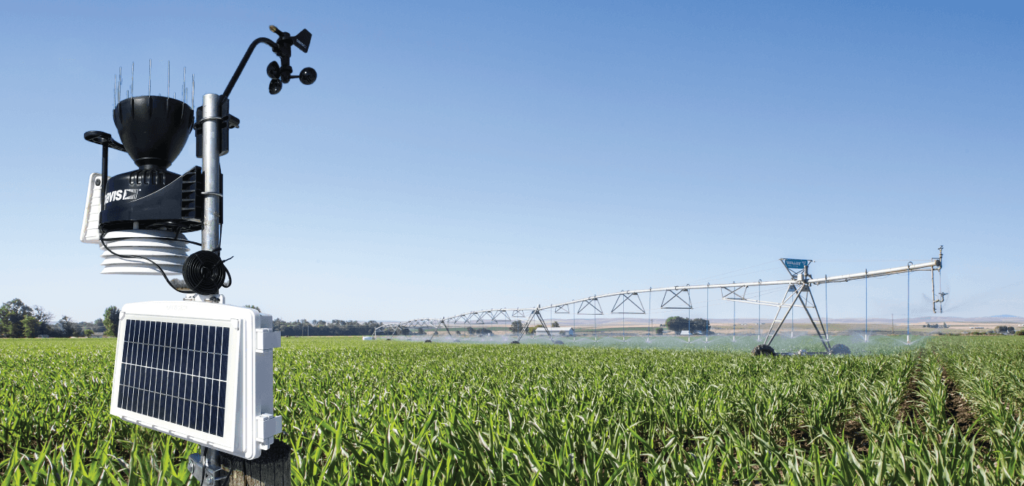
Managing irrigation systems in agriculture can be a time-consuming task that requires constant monitoring and adjustments. However, with the advancement in technology, remote irrigation devices have revolutionized the way farmers manage their water supply. These devices offer a range of benefits that not only make the process more efficient but also help conserve water and improve yields. Let's explore the advantages of using remote irrigation devices in agriculture.
1. Increased Efficiency
Real-time Monitoring
- Remote irrigation devices allow farmers to monitor their irrigation systems in real-time from anywhere, using their smartphones or computers.
- This enables farmers to keep track of water levels, soil moisture, and other important metrics without physically being present in the field.
Automated Controls
- These devices come with automated controls that can be programmed to turn on or off based on preset schedules or environmental conditions.
- This automation eliminates the need for manual intervention and ensures that crops receive the right amount of water at the right time.
2. Water Conservation
Precise Watering
- Remote irrigation devices use sensors to measure soil moisture levels and adjust water output accordingly.
- This precision watering technique helps prevent overwatering and underwatering, leading to significant water savings.
Weather Integration
- Some remote irrigation devices can integrate weather forecasts to adjust watering schedules based on upcoming weather conditions.
- This feature helps in avoiding unnecessary watering during rainy periods, further contributing to water conservation efforts.
3. Improved Yields
Optimal Growth Conditions
- By providing crops with the right amount of water at the right time, remote irrigation devices help create optimal growth conditions.
- This leads to healthier plants, improved crop quality, and ultimately, higher yields.
Reduced Crop Stress
- Consistent and precise watering from remote irrigation devices helps reduce crop stress caused by fluctuations in soil moisture levels.
- Stressed crops are more susceptible to diseases and pests, so by maintaining optimal soil moisture, farmers can ensure healthier plants and better yields.
4. Cost Savings
Energy Efficiency
- Remote irrigation devices are designed to optimize water usage, which also translates to energy savings.
- By reducing water wastage and employing efficient watering techniques, farmers can lower their overall energy costs associated with irrigation.
Labor Savings
- Automated controls and remote monitoring capabilities of these devices reduce the need for manual labor in managing irrigation systems.
- This results in labor savings for farmers, allowing them to allocate resources to other farm activities.
5. Easy Installation and Scalability
Simple Setup
- Most remote irrigation devices are easy to install and set up, requiring minimal technical expertise.
- Farmers can quickly integrate these devices into their existing irrigation systems without major modifications.
Scalable Solutions
- Remote irrigation devices are scalable, meaning farmers can expand or adjust their systems as needed based on their farming requirements.
- Whether managing a small plot of land or a large-scale farm, these devices offer flexibility and adaptability.
Overall, remote irrigation devices offer a myriad of benefits that can help farmers improve efficiency, conserve water, increase yields, save costs, and streamline their irrigation operations. By leveraging technology to manage water resources effectively, farmers can optimize their agricultural practices and achieve sustainable farming practices.
Leave a Reply
You must be logged in to post a comment.